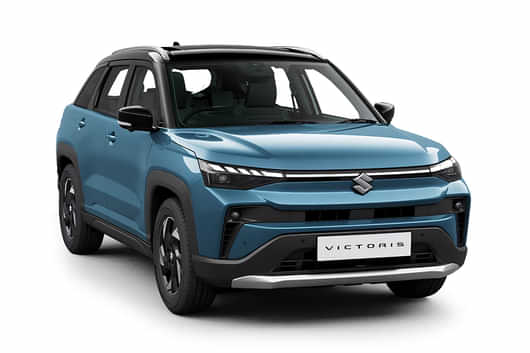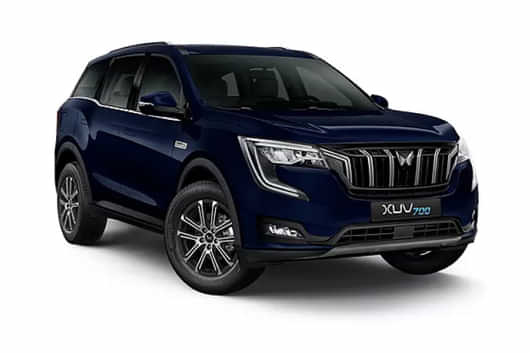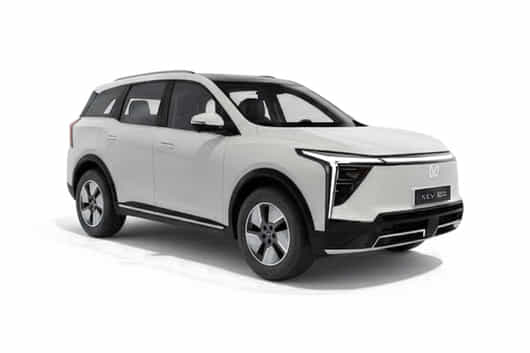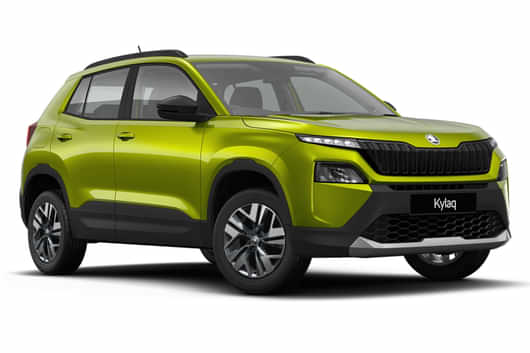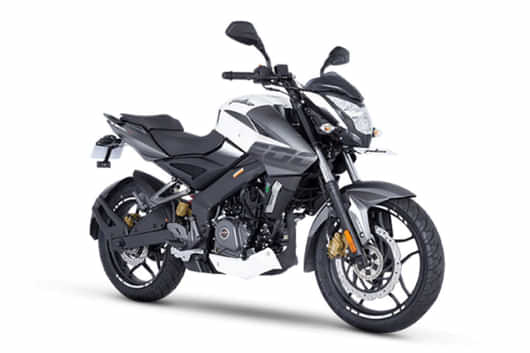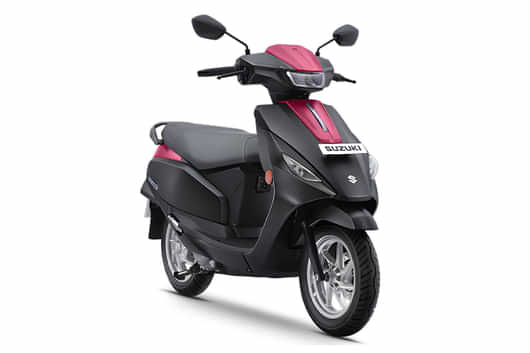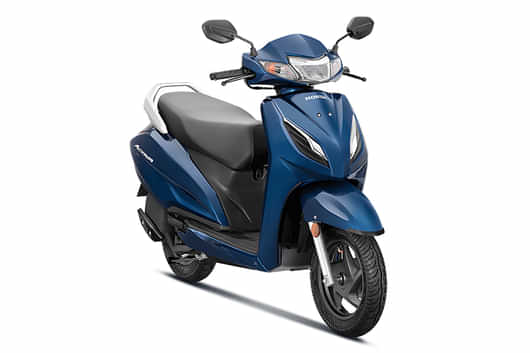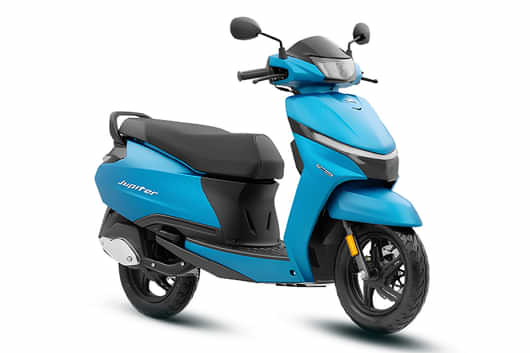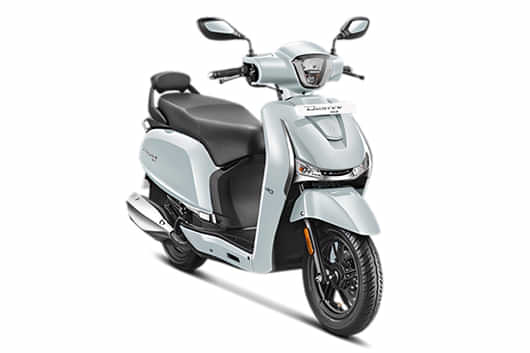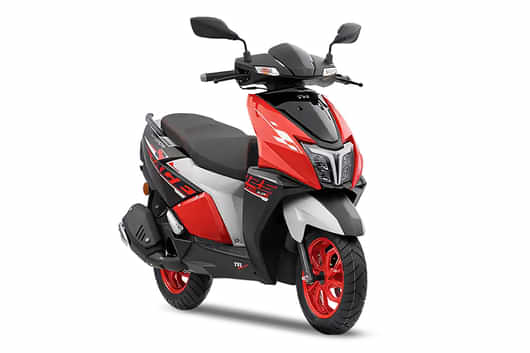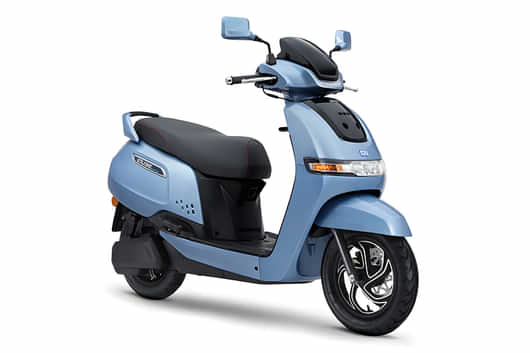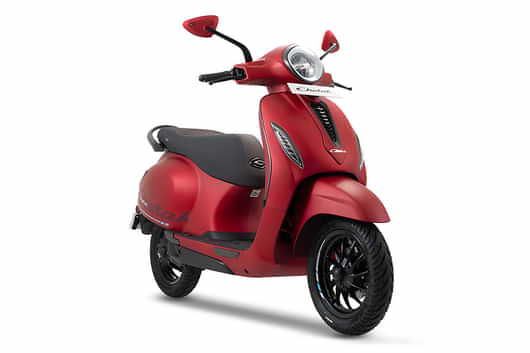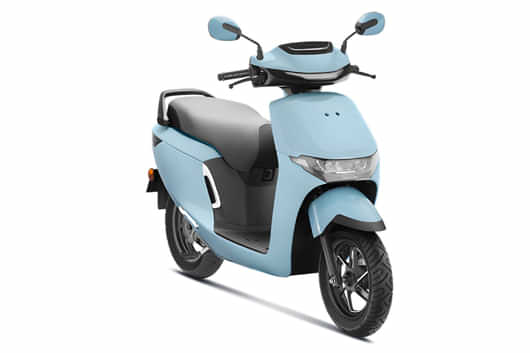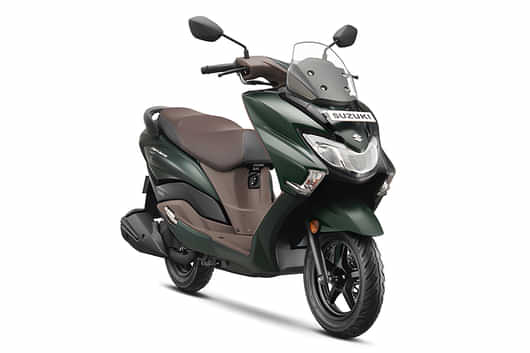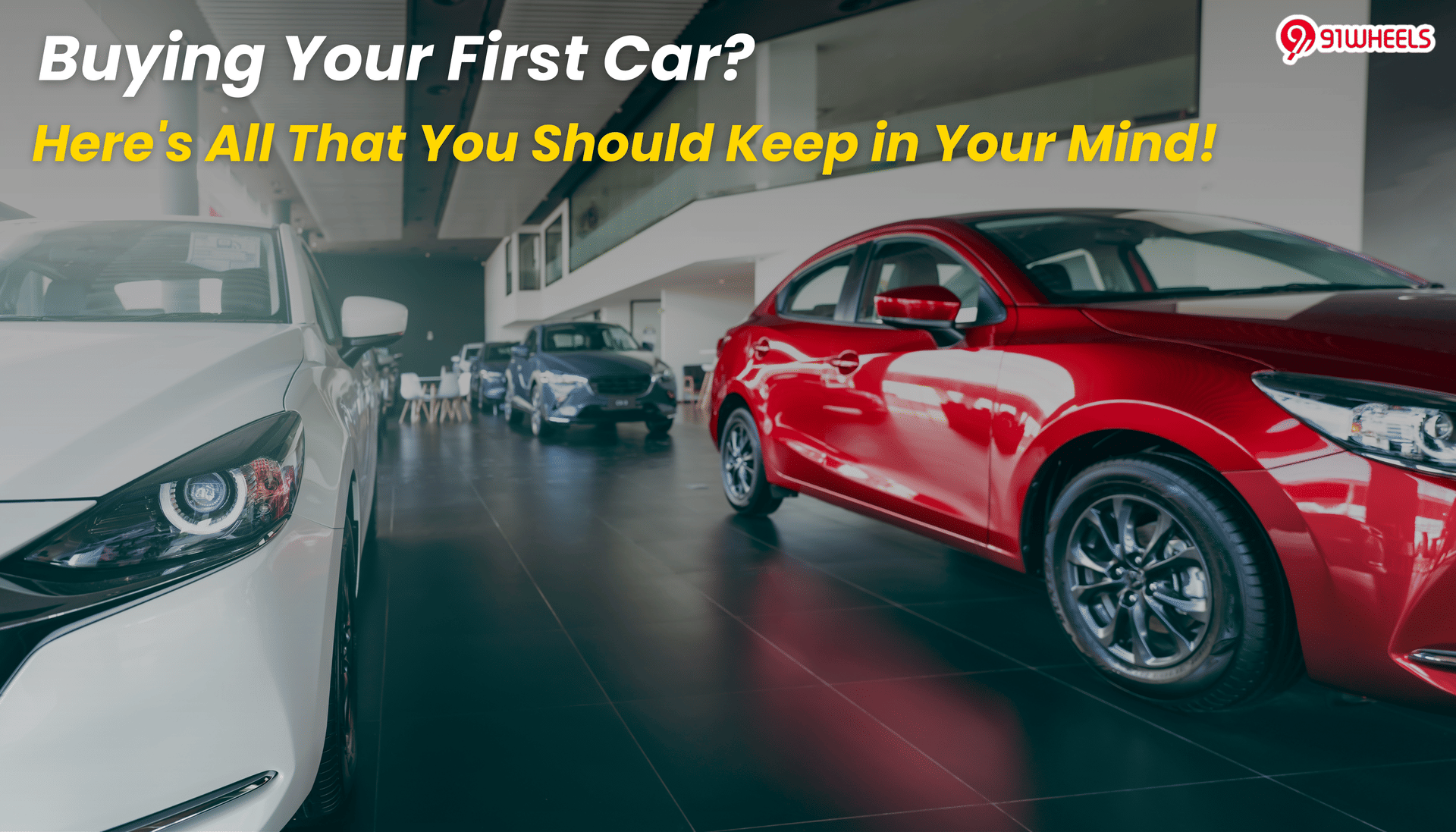
KEY HIGHLIGHTS
- Define car's purpose: city, highway, or family use.
- Budget wisely, include EMI, fuel, insurance, and maintenance.
- Prioritize safety: airbags, ABS, and crash test ratings.
- Consider resale value for easier future upgrades.
- Test drive thoroughly to assess comfort and performance.
For many, buying the first car is more than just a financial decision - it's an emotional milestone, specially for us, Indians. The idea of owning something on four wheels that represents independence, convenience, and even status can be overwhelming. But with excitement comes confusion. The market is flooded with options, each brand pushing its own narrative. Amidst this noise, what truly matters is your need, your budget and your future plans. Here's a no-fluff, straight-to-the-point guide to keep in mind before signing the cheque for your first car. Before moving ahead, make sure you join our 91Wheels WhatsApp Community to stay versed on the latest automotive news.
Read more: Leasing vs Buying a Car: Which is Smarter Today?
1. Define the Purpose Before the Purchase
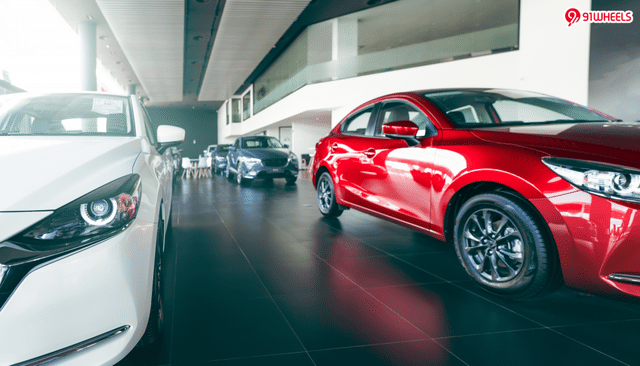
Ask yourself: Why am I buying this car? Is it primarily for daily commuting in a crowded city, long highway drives, or family outings?
- City-centric driving: Look for compact hatchbacks or small SUVs with good fuel efficiency and easy maneuverability.
- Frequent highway runs: Consider a sedan or SUV with strong safety ratings, comfortable seating, and a reliable engine.
- Family-first usage: Boot space, rear seat comfort, and easy ingress/egress matter more than just sporty looks.
A car that looks appealing on paper might not fit into your lifestyle. Define the purpose first - choices will automatically narrow down.
2. Budget Smartly - It's Not Just the EMI
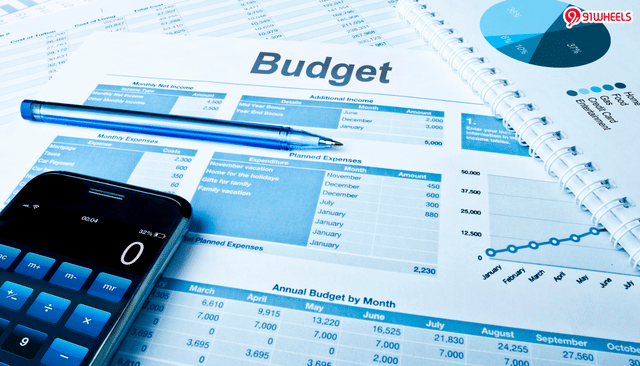
Most first-time buyers make the mistake of stretching their budget to own something "aspirational." But cars are ongoing expenses, not one-time purchases.
- Initial Cost: Set a realistic figure you can afford without draining savings.
- Running Costs: Fuel efficiency, service charges, and spare part costs vary hugely among brands.
- Insurance and Registration: Factor these in, as they can add 10-15% over the ex-showroom price.
- Future Upgrades: Don't lock yourself into a high EMI that leaves no breathing room for other financial goals.
Tip: Use the 20-10-4 rule - 20% down payment, EMI not more than 10% of monthly income, and loan tenure not beyond 4 years.
3. Petrol, Diesel, CNG, Hybrid, or EV?
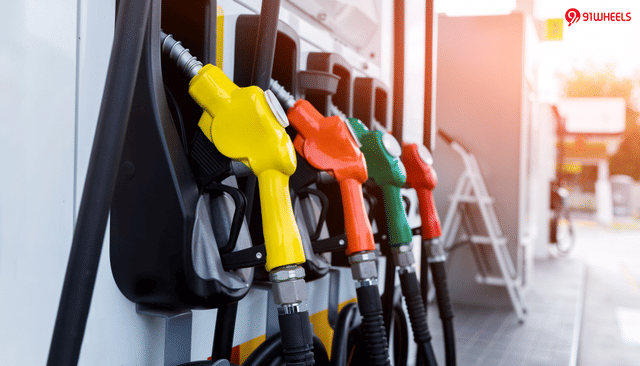
Your first car should align with your driving pattern:
- Petrol: Best for short city runs, lower upfront cost, refined engines.
- Diesel: Only makes sense if your monthly running exceeds 1,500 km.
- CNG: High savings on fuel but smaller boot space and limited/crowded pumps.
- Hybrid: Balanced choice for efficiency + lower emissions, but costlier upfront.
- EV: Perfect for urban use if you have easy access to home charging and predictable travel patterns.
Don't just follow trends. Think long term - what's easier for you to live with daily?
4. Safety Is Non-Negotiable
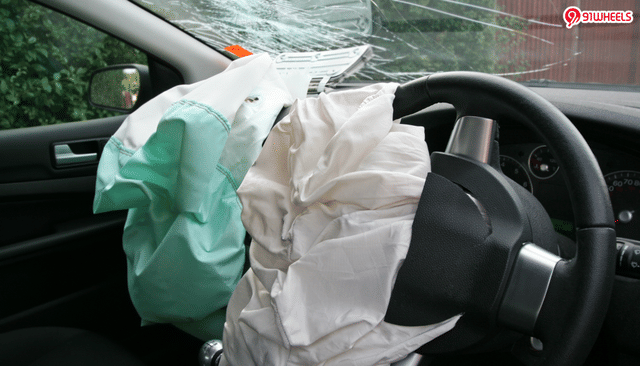
A large portion of car buyers get dazzled by connected screens, sunroofs and alloy wheels, but none of these can protect you in an accident. For your first car, put safety at the top of the checklist. six airbags, ABS with EBD, and electronic stability features are not luxuries - they are necessities now. Even the crash test rating of the car, if available, is worth checking before making your choice. Safety doesn't just give you peace of mind, it gives your family the protection they deserve every time you hit the road.
5. Don't Ignore Resale Value
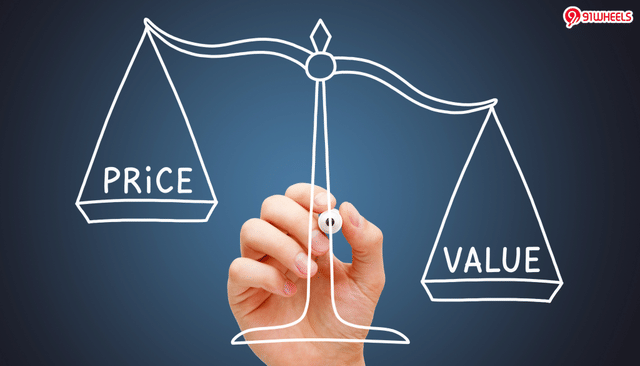
While selling may be the last thing on your mind during your first purchase, resale value is an invisible part of total ownership cost. Cars from brands with a strong resale reputation - like Maruti Suzuki, Hyundai, Toyota, or Honda - tend to hold their value better. If you are the kind who will upgrade in 4-5 years, this becomes even more critical. Choosing a car that depreciates slowly will ease your transition into the next one.
6. Test Drive - Not Just a Formality

A test drive isn't just to "feel" the car. It's your chance to evaluate:
- Seat comfort and driving position
- Visibility (blind spots matter more than you think)
- Gearshift smoothness or responsiveness of the automatic
- Ride quality over bumps
- Cabin noise at different speeds
Take at least a 15-20 minute drive in both city and open-road conditions before making a decision.
7. Features: The 'Need' vs 'Want' List
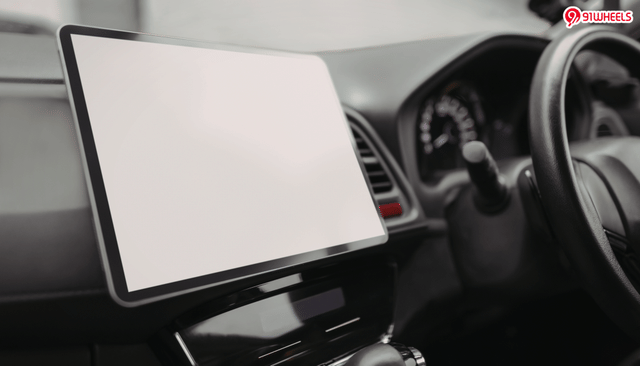
Car brochures are designed to tempt you with long feature lists. But not every feature is essential when you are buying your first car. Focus on what you genuinely need - air conditioning that works well, a decent infotainment system with Android Auto or Apple CarPlay, a reversing camera for tight spots, and above all, safety equipment.
Features like automatic climate control, LED lights, or a touchscreen that's slightly bigger are "good to have," but not worth straining your budget over. Luxury touches like a sunroof or ventilated seats can wait for your next upgrade.
8. After-Sales Support
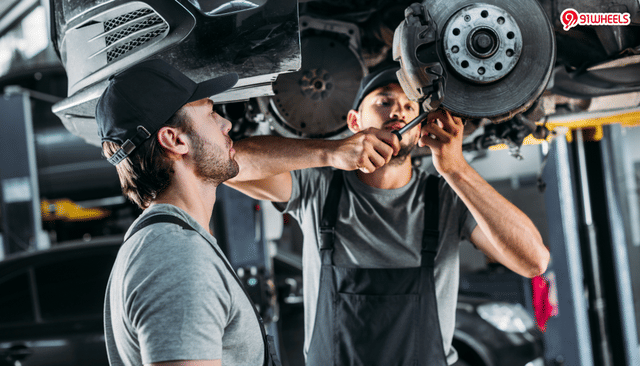
A brand is only as good as its service experience. Some cars may wow you during the test drive, but if the brand lacks accessible service centers or has expensive spares, you will feel the pinch later. Before deciding, ask around in your city about service costs and reliability. A brand that offers hassle-free after-sales service and affordable maintenance ensures your first ownership experience stays positive instead of stressful.
9. Don't Rush the Paperwork

The thrill of finally booking your first car often makes people sign documents too quickly. While excitement runs high, carefully check:
- Insurance coverage (go for comprehensive, not just third-party)
- Extended warranty options (especially for first-time buyers)
- Hidden costs (handling charges, accessories forced by dealers)
Reading the fine print today saves regret tomorrow.
10. Heart vs Mind
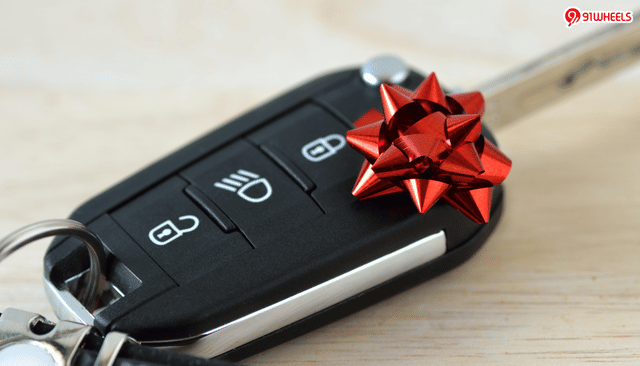
At the end of the day, buying your first car is as much about emotion as it is about logic. Your heart will always lean toward the car that excites you, while your mind will remind you of budgets and practicality. The sweet spot lies in choosing something that makes you proud without disrupting your financial stability. If a car makes you smile every morning and still checks the sensible boxes, that's the one worth driving home.
Read more: How OTA (Over-the-Air) Updates are Changing Auto Servicing
Verdict
Your first car doesn't have to be the perfect car. It only has to be the right car for you at this stage of life. Prioritize safety over gimmicks, practicality over peer pressure, and long-term costs over short-term thrills. When chosen thoughtfully, your first car becomes more than a vehicle - it becomes a trusted partner in your journey and a memory you will always carry.















